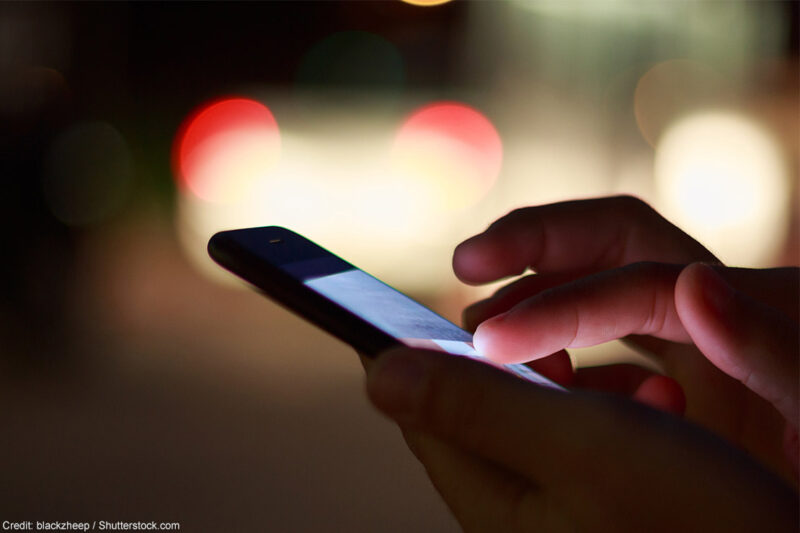If social media is affecting student negatively, counselors suggest students take a break.
Counselors Urge Students to Keep Social Media Activities in Check
Teen agers are old enough to monitor their social media use; however, when grades take a dive, it's time to spend less time on social media activities.
Emily spends most of her time on her phone and her grades and home life are suffering. Her family is concerned and wonder if her spending time on her phone cruising social media apps is diverting her attention from important issues, like success in school.
School counselors also notice that social media is having a negative impact on student mental health and academic potential.
“Teenagers are old enough to moderate it,” Counselor Jennifer Schenffer said. “But, some adolescents let it get out of hand and their grades suffer.”
School Social Worker Shad Roundy agrees. For many students social media becomes an escape mechanism that prevents them from interacting with the here and now of school. “When that happens grades can fall he said.
Social Media also offers teens a distorted view of the world. Teenagers are chronically online seeing people’s “perfect” lives for hours on end. “People become depressed when they can’t measure up to the unrealistic ideal portrayed online,” he said.
School Psychologist Alicia Hoerner sees the results of anxiety and depression in her counseling of students. Social media definitely creates problems, including falling behind on school work.”
Social media takes a lot of time away in a day and parents have no idea what students are looking and interacting with online. “For parents and staff there is an element of worry about what students have seen on social media,” Schenffer said. Much of what’s online is unregulated, and parents would be shocked to know how much students engage with their phones on a daily basis.
Teachers are the first to understand that problem. English teacher Denise Ferguson aid if students have even a minute of down time, they pull their phones out instead of interacting with friends. “It’s alarming,” she said. “Students should engage more with each other rather than staring at a screen in every spare moment.”
So what is it that causes students to pass up in person interactions in favor of a hand held screen? According to Scheffner, it’s the “FOMO” phenonmenon. FOMO stands for “Fear of Missing Out,” and it’s a big deal. If students hear or feel a “ping” on their phones, they can’t resist checking just in case it’s something important.
“We are all wired to check our phones whenever we hear a ping,” Scheffner said. “We think we are going to see something amazing when we hear it; most of the time it’s just junk.”
For Hoerner, it’s all about balance. “Keeping things in check with your social media use is like getting the right amount of vitamins everyday. “Keeping a balance is important. For some students there is a risk factor they could become depressed or anxious. Keeping a balance in your social media use helps,” Hoerner said.
Counselors suggest ways students can monitor or restrict their social media use. They can even use apps that help them restrict their time. Students can leave their phones outside of their bedrooms to remove the temptation to interact with social media all hours of the night. People can also temporarily turn off apps. Students can also permanently delete social media off their phones.

